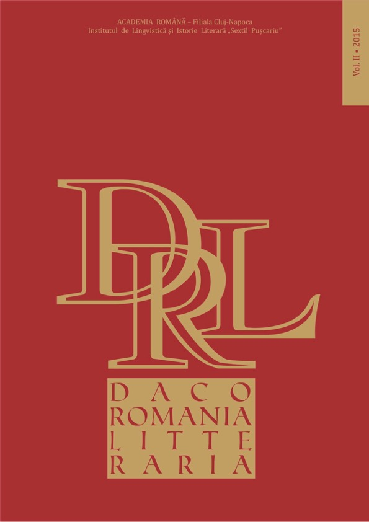IS THE “COLONIAL” IN “POST-COLONIAL” THE “SOVIET” IN “POST-SOVIET”?
IS THE “COLONIAL” IN “POST-COLONIAL” THE “SOVIET” IN “POST-SOVIET”?
THE BOUNDARIES OF POSTCOLONIAL STUDIES
Author(s): Anca BăicoianuSubject(s): Language and Literature Studies, Studies of Literature, Comparative Study of Literature, Theory of Literature
Published by: Academia Română, Filiala Cluj-Napoca
Summary/Abstract: The post-1989 transition of East-Central Europe to capitalist democracy has focused much scholarly attention on the political, economic, social, and cultural trajectories of the countries in the former Soviet bloc and on the fostering of new identities within a wider, European or global, context. Yet the ‘transitologists’ attempts to establish transregional comparisons that would tackle the similarities and differences between postcommunist territories and former colonies were met with deflection and silence among the proponents of postcolonial studies. With very few exceptions, Western scholars were rather reluctant to count the USSR among other, mostly European, “modern empires”. Still, the postcolonial sensibility of people in the Soviet sphere – as documented by oral history, sociological investigation, and cultural analyses – is hard to ignore. In the last few years, the postcolonial- postcommunist connection gained momentum in East-Central European studies, as part of the reflective attempts to translate a specific historical and cultural experience into one of the most widespread theoretical idioms in current academia. In doing so, East-Central European scholars interrogate the limits of an increasingly canonical discipline and join in its critical revaluations by measuring colonialism against other systems of domination.
Journal: Dacoromania litteraria
- Issue Year: 2/2015
- Issue No: 1
- Page Range: 90-100
- Page Count: 11
- Language: English

